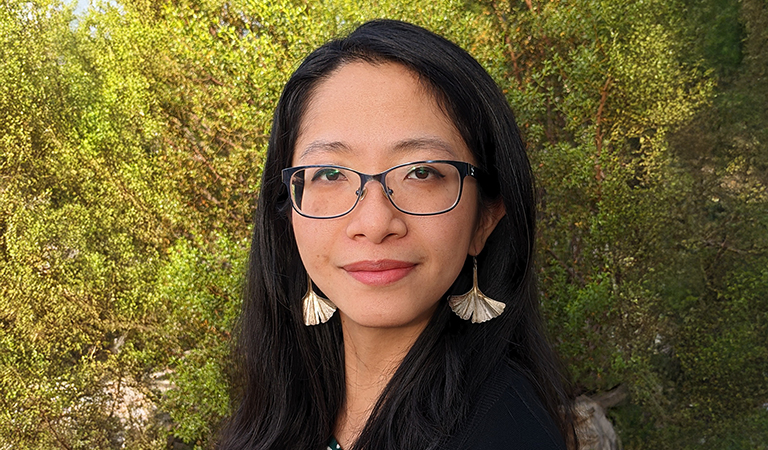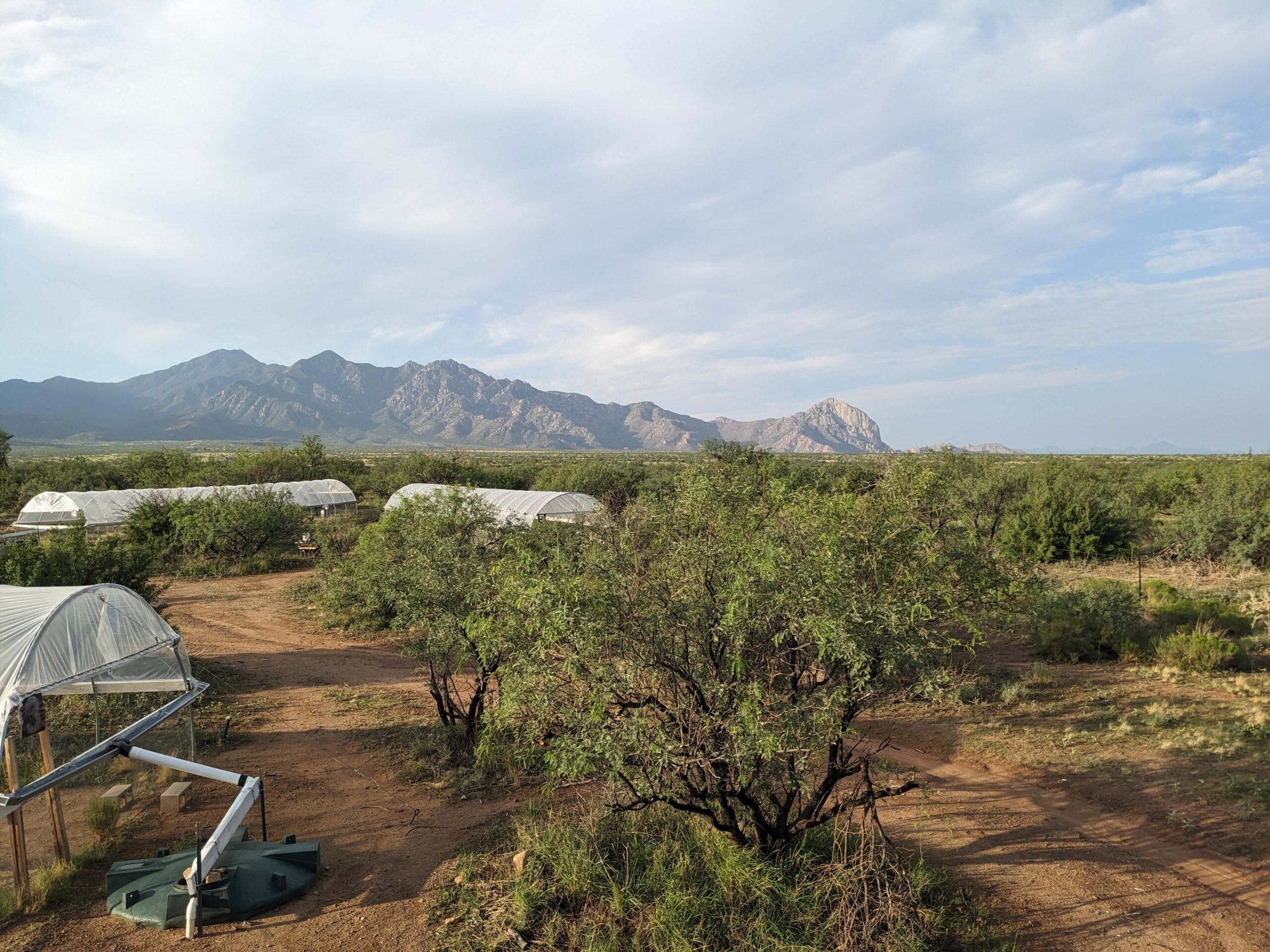Fortune Pharaoh: Unlock Ancient Secrets to Modern Wealth and Success
2025-10-06 01:14
In the realm of gaming and personal development, few concepts capture the imagination quite like the fusion of ancient wisdom and contemporary ambition. Fortune Pharaoh: Unlock Ancient Secrets to Modern Wealth and Success presents a compelling narrative that bridges the gap between historical mystique and modern-day aspirations. This game invites players to embark on a journey through time, exploring how the strategies of pharaohs might inform today's pursuit of prosperity. However, as we delve into its structure, it becomes clear that while the theme is rich with potential, the execution reveals critical lessons about pacing, variety, and user experience that resonate far beyond the screen. The game's open fields, for instance, offer a semblance of freedom, allowing players to set their own rhythm by completing missions in expansive environments. Yet, these areas, though vast, often channel players along predetermined paths, stifling the creativity one might expect from such a setting. This limitation mirrors real-world scenarios where opportunities for innovation are constrained by rigid frameworks, a point worth examining for anyone seeking to unlock their own path to success.
The desert-themed zones, one subtropical and the other semi-arid, serve as the primary backdrop for these explorations. While aesthetically intriguing, their monotony represents a missed chance for diversity, much like how individuals in pursuit of wealth might find themselves trapped in repetitive routines without seeking varied experiences. In both gaming and life, variety fuels engagement and growth, and the absence of it here underscores a broader principle: true success often requires breaking free from homogeneous environments. Moreover, the lack of a minimap in these open areas exacerbates the frustration, forcing players to rely on a separate, cumbersome map screen. This design flaw highlights the importance of intuitive tools in navigating complex journeys, whether in a virtual world or in one's career. Just as a well-integrated minimap could have enhanced the gaming experience, having clear, accessible guides—such as mentors or strategic plans—can streamline the path to achieving personal and professional goals.
Another notable aspect is the early cutoff for side quests, which the game explicitly warns players about. This forces a rushed approach to completing additional missions, cramming them into a short timeframe rather than allowing them to unfold naturally over the course of the adventure. In many ways, this mirrors the pressures of modern life, where deadlines and external expectations often compel us to pack in tasks without savoring the process. The result is a sense of imbalance, where the joy of exploration is sacrificed for efficiency. For those aiming to apply ancient secrets to contemporary success, this serves as a cautionary tale: sustainable growth requires pacing and the integration of diverse experiences over time, rather than a frantic race to check off boxes. By reflecting on this, we can learn to design our own life "quests" with more flexibility, ensuring that side pursuits—be they hobbies, learning opportunities, or networking—enhance rather than overwhelm our primary objectives.
The game's structure, with its blend of freedom and constraint, offers a microcosm of the challenges faced in today's fast-paced world. As players navigate the deserts of Fortune Pharaoh, they might draw parallels to their own journeys toward wealth and success. The limited zones, for example, remind us that even in expansive fields of opportunity, we can feel funneled into conventional paths unless we actively seek out creative alternatives. This is where the "ancient secrets" come into play: historical figures like pharaohs often achieved greatness by thinking beyond the obvious, leveraging resources in innovative ways. In modern terms, this could mean diversifying investments, embracing lifelong learning, or building resilient networks. The game's shortcomings, such as the wasted potential for variety, underscore the need for adaptability—a trait essential for navigating economic shifts or personal setbacks.
Furthermore, the issue of the ill-used map screen speaks to a larger theme of accessibility in goal-setting. Just as players struggle without a minimap, individuals pursuing success can falter without clear, real-time feedback mechanisms. In business or personal finance, this might translate to using data analytics, financial tracking apps, or regular self-assessments to stay on course. The early side quest cutoff, meanwhile, emphasizes the value of timing and prioritization. In the pursuit of modern wealth, it's easy to fall into the trap of overcommitting early on, only to burn out before reaching long-term milestones. By learning from the game's pacing issues, we can adopt a more balanced approach, spreading efforts across phases to maintain momentum and enjoyment. This not only aligns with ancient philosophies of patience and strategic timing but also with contemporary research on productivity and well-being.
As we consider the broader implications, Fortune Pharaoh serves as a metaphor for the intersection of tradition and innovation. The game's desert settings, while repetitive, evoke a sense of timelessness, reminding us that the fundamentals of success—such as resilience, resourcefulness, and vision—have roots in history. However, its design flaws reveal how easily these principles can be undermined by poor execution. For instance, the funneling effect in open fields parallels how societal norms can limit entrepreneurial thinking, while the lack of variety warns against complacency in personal growth. By analyzing these elements, we can extract actionable insights: to unlock modern wealth, one must blend ancient wisdom with modern tools, creating a personalized "minimap" for navigating life's complexities. This might involve setting clear goals, embracing diverse experiences, and avoiding the rush to accomplish everything at once.
In conclusion, Fortune Pharaoh: Unlock Ancient Secrets to Modern Wealth and Success offers more than just entertainment; it provides a lens through which to examine our own approaches to achievement. The game's structure, with its open yet constrained fields, repetitive themes, and rushed side quests, mirrors common pitfalls in real-world pursuits. By reflecting on these aspects, we can learn to cultivate a more mindful, varied, and paced journey toward success. Ultimately, the ancient secrets lie not in magical formulas but in timeless strategies—adaptability, balance, and clarity—that, when applied with modern insights, can lead to enduring prosperity. As players and seekers alike, we are reminded that the path to wealth and fulfillment is not a straight line but a dynamic exploration, one that benefits from both historical inspiration and contemporary refinement.
